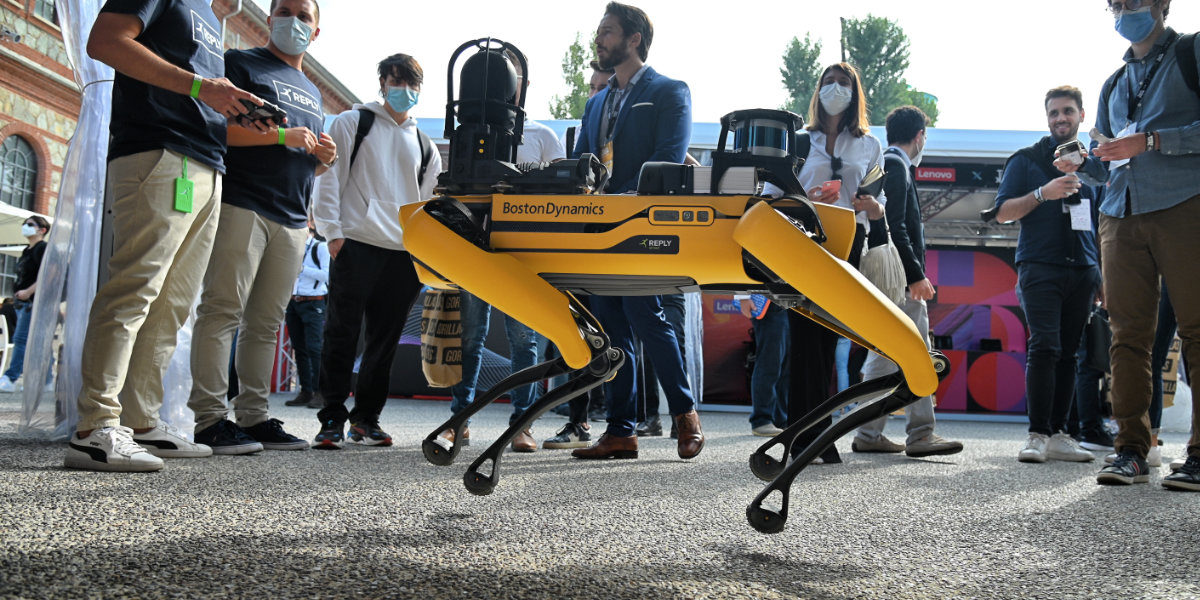From the University of British Columbia
Want to ensure your child hits their expected developmental milestones? New UBC research suggests living in areas with high exposure to greenspace can help set them up for success.
For the study, researchers at the UBC faculty of forestry and faculty of medicine analyzed the developmental scores of 27,372 children in Metro Vancouver who attended kindergarten between 2005 and 2011. They estimated the amount of greenspace around each child’s residence from birth to age five. They also assessed levels of traffic-related air pollution and community noise.
The results highlight the fundamental importance of natural green spaces like street trees, parks and community gardens, authors say.
“Most of the children were doing well in their development, in terms of language skills, cognitive capacity, socialization and other outcomes,” says study author Ingrid Jarvis (she/her), a PhD candidate in the department of forest and conservation sciences at UBC. “But what’s interesting is that those children living in a residential location with more vegetation and richer natural environments showed better overall development than their peers with less greenspace.”
According to the researchers, the reason for this is partly greenspaces’ ability to reduce the harmful effects of air pollution and noise — environmental challenges that have been shown to adversely affect children’s health and development through increased stress, sleep disturbances and central nervous system damage.
Time in nature can benefit everyone, but if we want our children to have a good head start, it’s important to provide an enriching environment through nature contact.
Matilda van den Bosch, Research associate, UBC







